Financially Fearless Article Hub
Whether you’re a seasoned pro, or just starting out, these articles will help you take your financial knowledge to the next level.
They aren’t personal advice, but they will give you helpful information. If you’re not sure what’s right for your circumstances, ask us about financial advice.
Please note that investments fall as well as rise in value, so you could get back less than you invest.
Our latest articles
Personal Finance






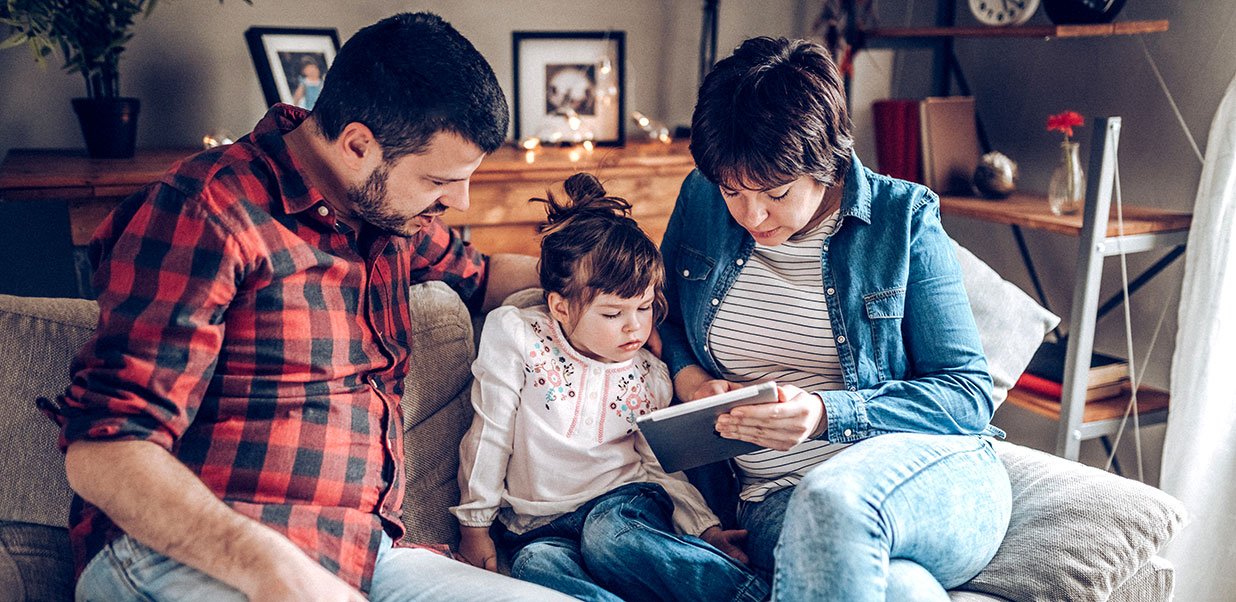

Whose hands are your money matters in?
The value of you and your partner planning your finances together.
5m read
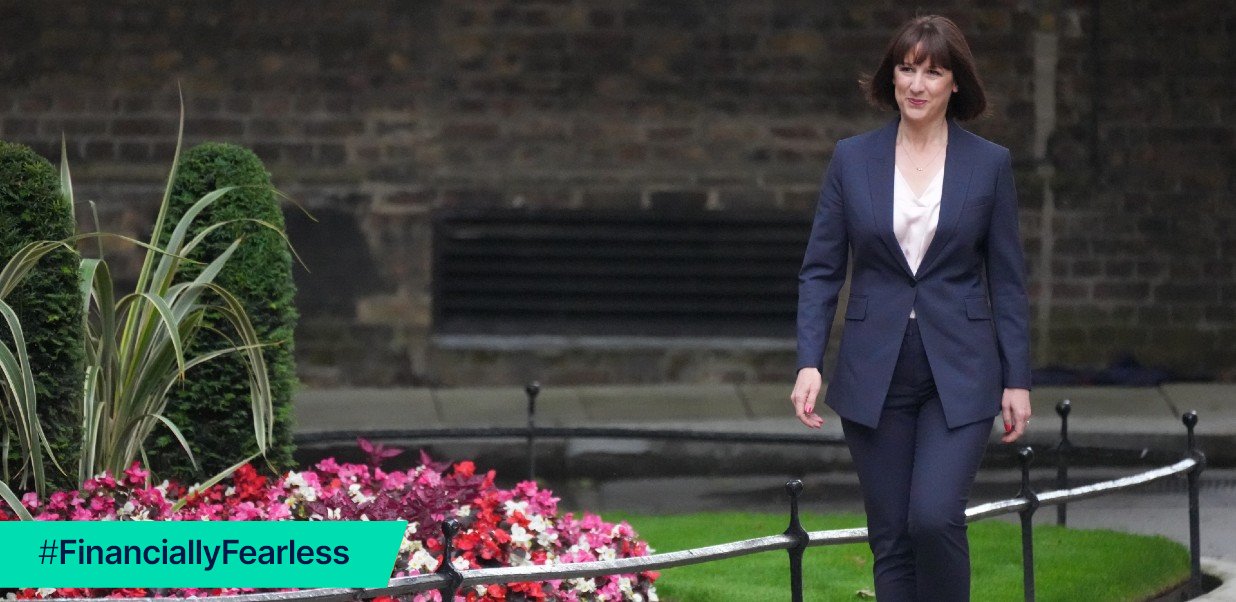
Britain’s first female Chancellor – what’s next for investors?
Who is the new Chancellor of the Exchequer Rachel Reeves, and what does she mean for your money?
4m read

How our partner can influence our views and attitudes about money
Are you married to your own financial glass ceiling?
4m read
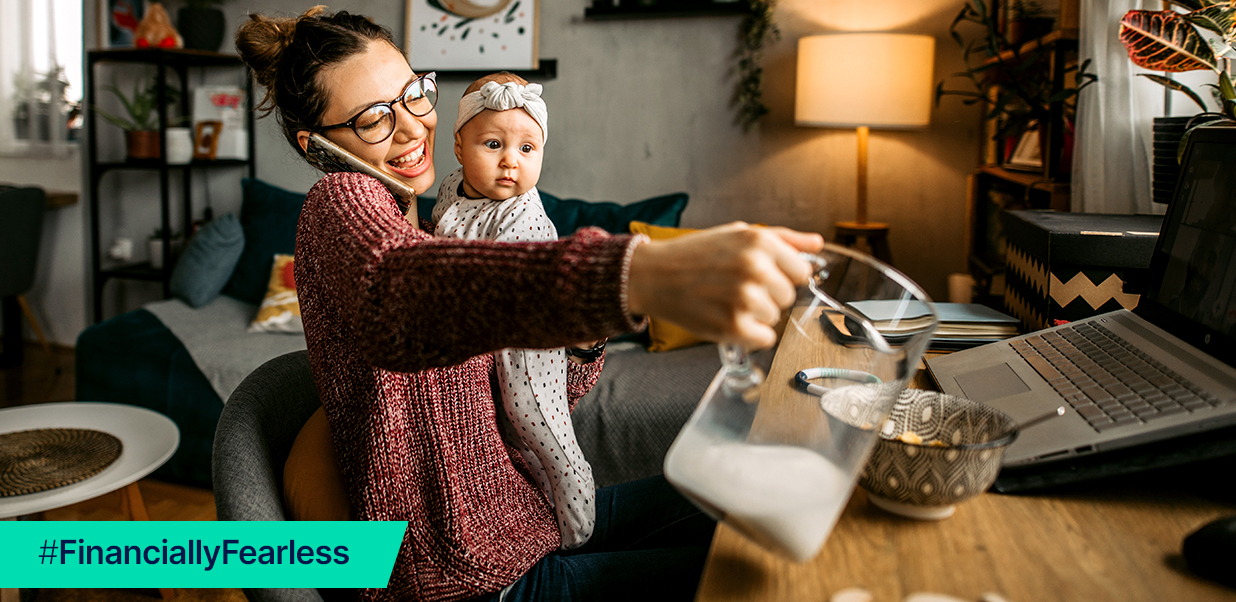
What can we learn from female breadwinners?
Four things that female breadwinners can teach us about managing our finances.
3m read

How to boost your family’s financial resilience
Expecting in 2024? Here are 5 tips to boost your family’s financial resilience.
5m read
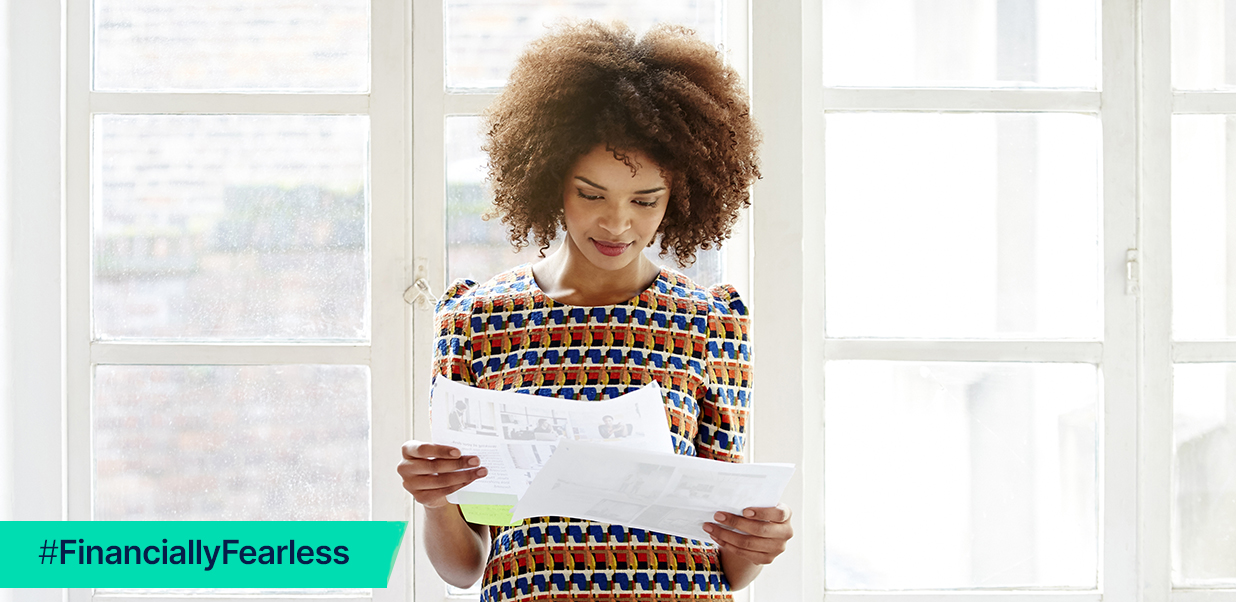

Women have the potential to become more financially resilient
We explore why increased financial resilience can help us close the financial gender gaps.
3m read

Swipe left for debt: financial dating red flags
We explore the common financial red flags you might find on a date, and how to overcome them.
7m read

How do millennials manage money?
We ask 5 Financially Fearless millennials for their top money tips.
7m read


A recipe for financial success
Find out how to cook your way towards financial success in this step-by-step guide.
3m read

Are you keeping any money secrets?
16% of people hide some aspect of their finances from their partner. But does this have a long-term impact?
3m read

Is the future of wealth female?
With women set to own 60% of the UK’s wealth by 2025, we take a closer look at the great wealth shift.
4m read

Should you plan your finances as a couple?
“She’s everything. He’s just Ken” – the perils of ‘pink’ and ‘blue’ jobs.
3m read

Don’t worry, buy that frappé
Review your spending, but don’t feel guilty about buying your favourite coffee.
3m read


Your ultimate financial wellbeing pamper hamper
Why financial wellness should be part of your self-care routine.
6m read

Dating and debt – should you care and what to do
Is debt a dating dealbreaker? We look at why it matters and what you can do about it.
5m read
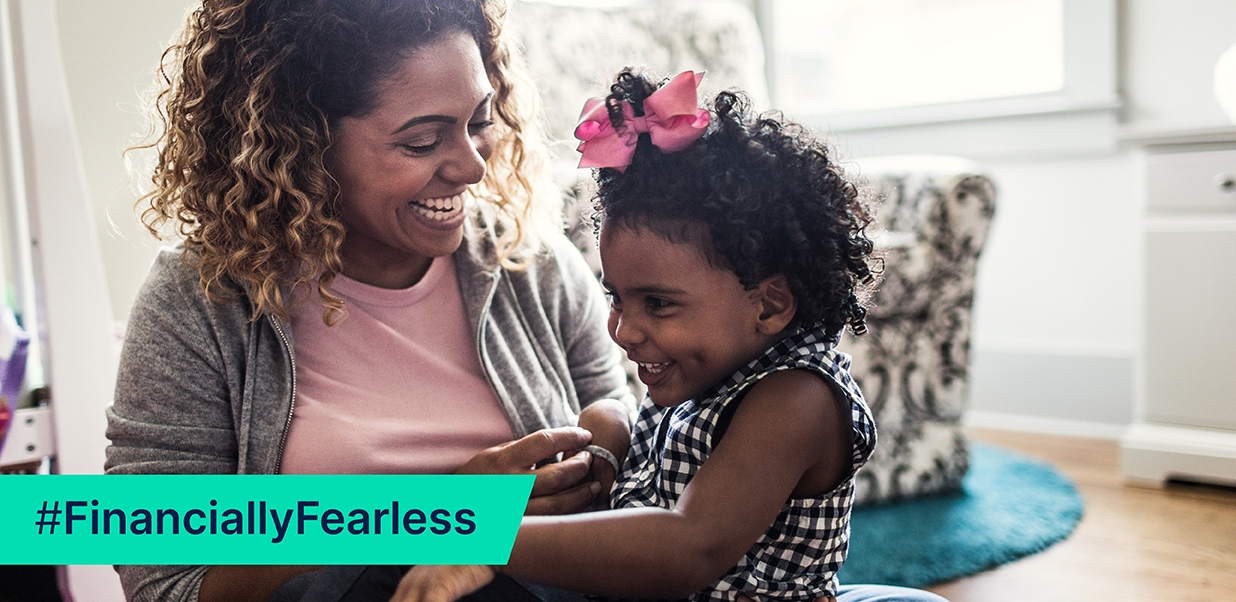
How to combat the rising cost of childcare
We share our top tips to be #FinanciallyFearless in the childcare crisis.
5m read


Love being single? How to overcome the price you pay
On average, a single adult spends £9,836 to cover the cost of housing, bills and groceries, marginally higher than the equivalent average per person spend for a couple (£7,579). Here are our top tips to overcome the price you pay.
7m read
Investing

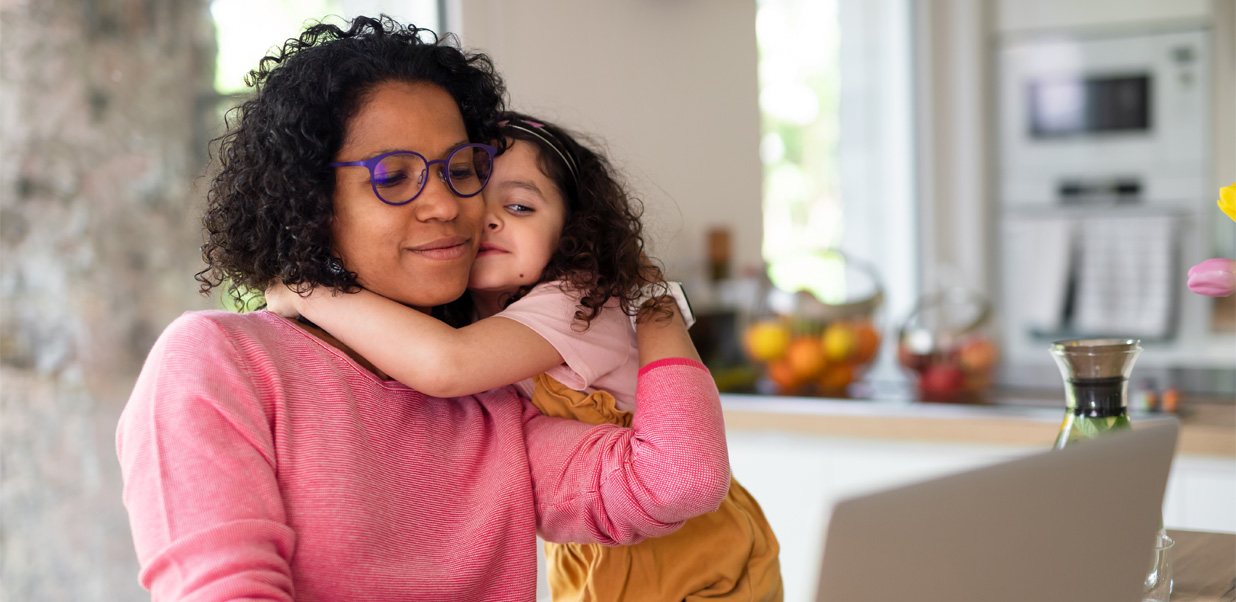
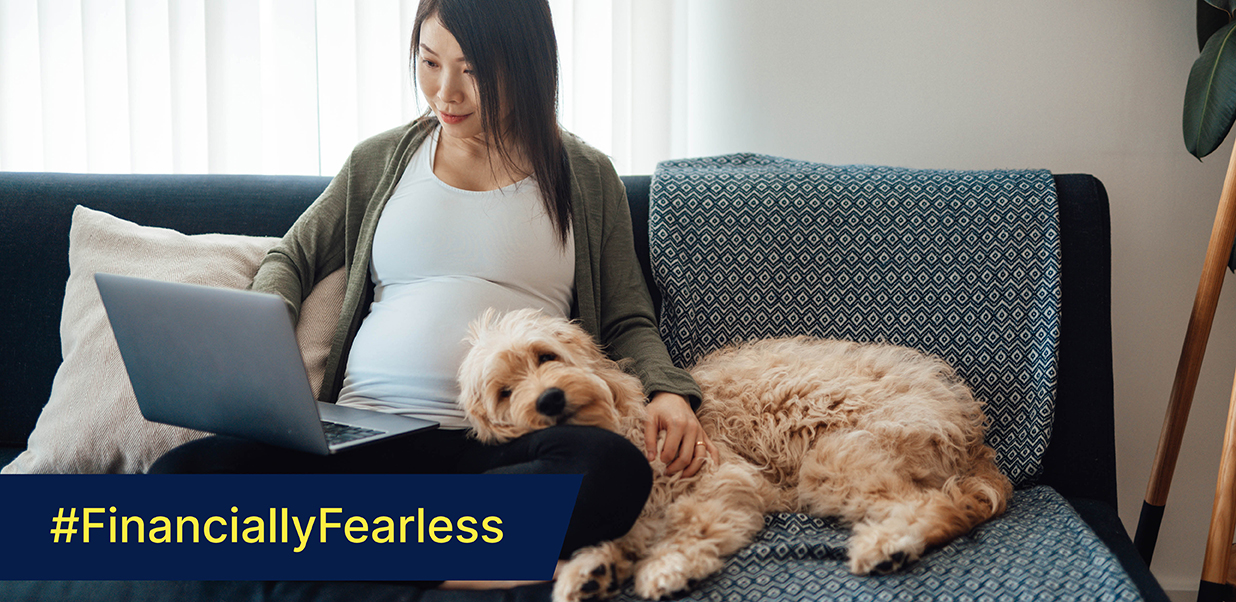
Confused by compounding: Why it matters
A crucial concept, but misunderstood by many. Here’s why its important.
4m read

You don’t need to be rich to invest
Why regular investing is the best thing you can do right now.
3m read
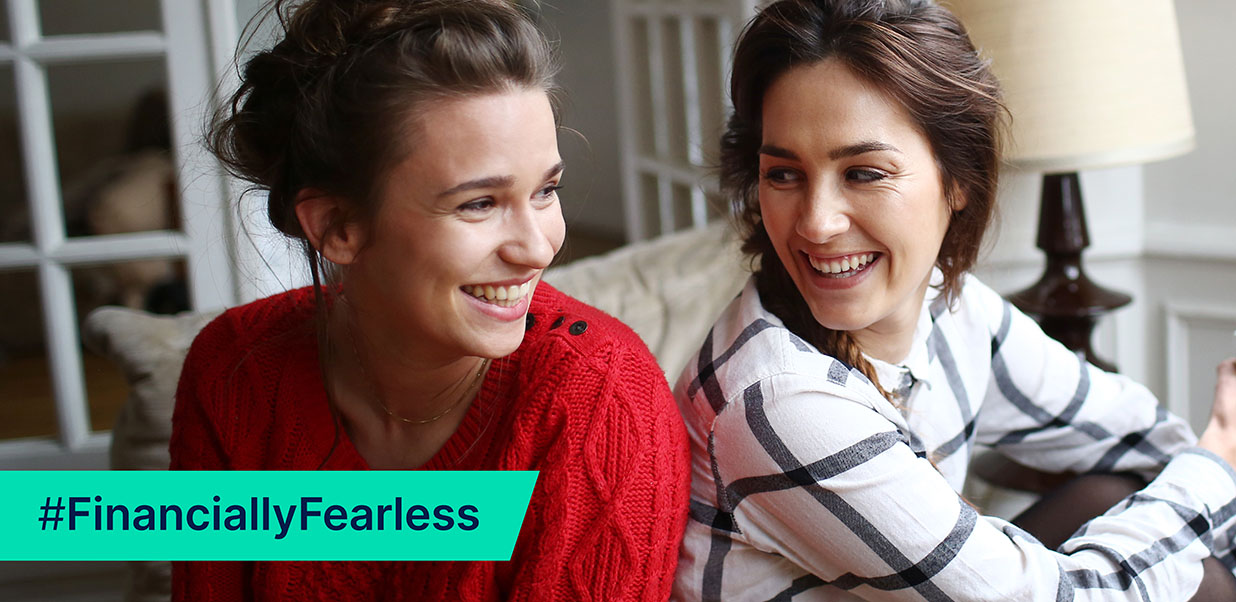
Investing in my 20s – what every woman should know
Your twenties and financial freedom. Not usually two concepts we think go together.
4m read


Investment masterclass - how to make your first investment
Ready to start your investing journey? Here are some tips on making your first investment.
2m read

You can make money and do good at the same time
Why ESG should be part of your investment strategy.
3m read
Retirement

Closing the Pension Gap: Let’s Boost Our Contributions
The gender pension gap is reducing for those with private pension wealth, now standing at only 10% for women aged 35-39. But with a 35% gap remaining overall, it still lingers like a stubborn cold we can’t quite shake.
4m read

The FIRE movement
Can you really retire before 50? Well, those who follow The FIRE Movement (Financial Independence, Retire Early) believe they can.
7m read

What you need to know about the gender pension gap
The gender private pension gap is closing, but not fast enough.
3m read

Top 5 tips to close the gender pension gap
Chances are you’ve heard of the gender pay gap. However, you may be less familiar with its bigger sister - the gender pension gap.
5m read
Case Studies

Kremi’s journey towards financial independence
HL client Kremi shares how she navigates the complexities of investing for the future.
4m read
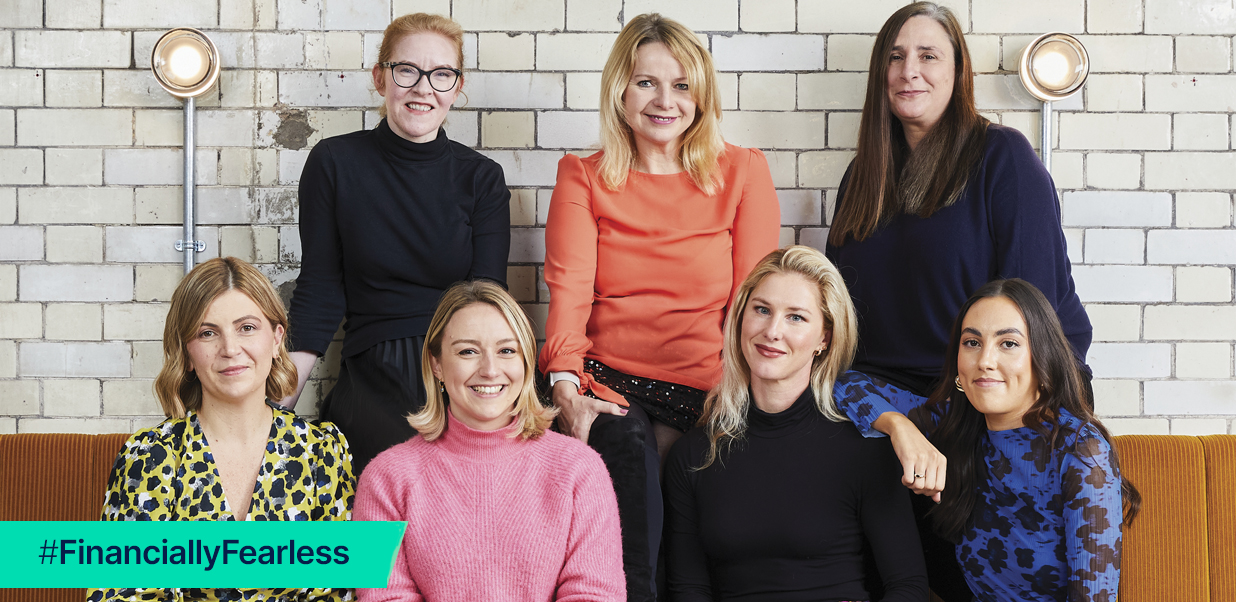
Ask Financially Fearless – who are our money role models?
Move over Superman, there are some new heroes in town.
5m read